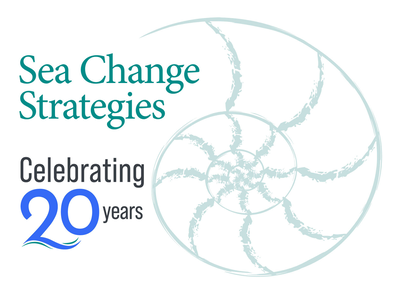9 signs you are creating toxic relationships with donors
Fundraising at its very essence is relationship-building. But are your donor relationships healthy or toxic?
Here are signs you may be in the toxic zone.
- You have no idea who they are or what they care about. If you haven’t done audience research with your donors within the last 18 months, you don’t have a sense of what matters most to them right now, what factors are driving their loyalty or defections or what expectations they have of you. Possible remedy: Launch a survey, conduct virtual (Zoom) focus groups with a small number of donors or interview a few high-value donors in a one-on-one conversation. Surface themes and use the data to inform your outreach and strategy.
- You talk a lot and never listen. If you don’t provide ongoing ways donors can provide input and feedback, you are engaging in one-way conversation. Possible remedy: Give donors the ability to rate your email communications. Launch a donor Insight Panel. Make sure you respond to inbound donor inquiries promptly and courteously. Give high-value donors a point of contact they can reach out to if/when they have an idea or concern.
- You don’t say thank you. If you don’t provide thank you acknowledgments that feel meaningful (e.g. don’t make it feel like a receipt) in a timely manner across mail and email channels, you are giving off the perception that you don’t care about their gift. Possible remedy: Have beneficiaries or activists write a thank you message that can be used across channels. Mail thank you postcards. Send photos of your work in action. Thank you’s are a place where you can and should lean into creativity.
- You don’t say “I’m sorry” when you’ve made a mistake. If you make a mistake and don’t say you are sorry, you are eroding trust. Possible remedy: When you make a mistake, cop to it quickly and share how you are going to make it right.
- You love bomb right before you ask for something big. If you only send cultivation messages right before a big fundraising campaign, you are manipulating donors instead of engaging them. Possible remedy: Incorporate impact reports and other cultivation touches throughout the year — not just before a big fundraising campaign.
- You constantly text and email with no regard to how frequently donors want to hear from you. If you over-communicate, you are likely annoying donors or training them to tune out of your messages. Possible remedy: Communicate when you have something important to say that donors want/need to hear about. And when you do communicate make sure it relates to what may be top of mind for that donor (not just what you want to say).
- You don’t notice when they go. If you don’t notice when a donor lapses, you’re basically telling them that you don’t care if they come or go. Possible remedy: Create a “we want you back” reinstate campaign for lapsed donors.
- You don’t notice when they stay. If you don’t notice when a donor has given to you consistently, you’re giving off the perception that you don’t care about their loyalty. Possible remedy: Create touches that recognize long-term donor giving (e.g. add Member since 2016 conditional content to emails or send them a special anniversary card in the mail).
- You don’t tell them what they mean to you. If you don’t share how donors are making an impact, you are signaling to donors that their gift doesn’t make a difference. Possibly remedy: Share successes donors have made possible frequently.
This list is a good starting point to begin to transform toxic behaviors into healthy ones. Let me know if you have additional ideas to add to the mix.
